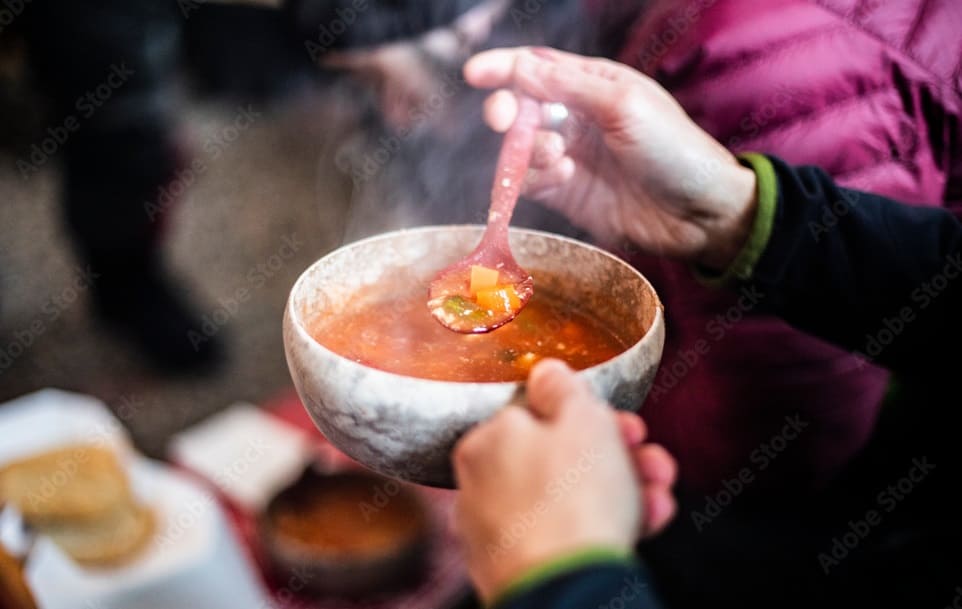There’s something undeniably thrilling about diving into a plate of steaming, spicy food. Whether it’s a bowl of blazing hot chili or a curry that could set your mouth on fire, the heat can be both exciting and intense. But have you ever wondered what happens to your body when you take on these culinary challenges? Let’s break it down in a way that’s a bit more relatable.
Effects of Eating Extremely Hot Food
Consuming food at extremely high temperatures can have various effects on the body, both immediate and long-term. Let’s explore what happens when you indulge in these scalding delights and how they can impact your health.
Immediate Sensation and Discomfort
First things first: that fiery sensation in your mouth. It’s not just your imagination. Here’s what’s going on:
- Burns and Blisters: When you eat food that’s too hot, it’s like your taste buds are getting a mini workout. The high temperature can actually burn the soft tissues in your mouth, leading to that painful feeling of scalded skin. It’s a bit like touching a hot stove—ouch!
- Spicy Heat Response: Many hot foods aren’t just hot in temperature but also spicy. Spices like chili peppers contain capsaicin, which makes your mouth feel like it’s on fire. This spice can trick your brain into thinking you’re in pain, which is why you might find yourself sweating and reaching for that glass of water.
Digestive System Reactions
Once you’ve bravely swallowed that fiery bite, your digestive system starts to react:
- Esophageal Trouble: Eating very hot food can irritate the lining of your esophagus. This irritation can make swallowing uncomfortable and even lead to a sore throat. If you’ve ever felt like your throat was a bit raw after a spicy meal, this is why.
- Gastric Distress: Hot and spicy foods can ramp up stomach acid production, which might lead to heartburn or an upset stomach. If you’ve ever felt a burn in your chest after eating spicy food, your stomach might be protesting.
Altered Taste Sensation
Repeatedly exposing your taste buds to extreme heat can also affect your ability to taste:
- Desensitization: Over time, eating very hot food can desensitize your taste buds. It’s like your taste buds start to build up a tolerance, and you might find yourself craving even hotter food to get the same kick.
- Changes in Taste: Chronic heat exposure can sometimes damage taste buds, which could change the way you experience flavors. Your once-favorite spicy dish might taste different, or less flavorful, over time.
Potential Long-Term Effects
While the occasional hot meal might be a fun adventure, making it a habit can have some serious implications:
- Risk of Esophageal Cancer: Chronic irritation from very hot food can increase the risk of esophageal issues, including a condition called Barrett’s esophagus, which can be a precursor to esophageal cancer. It’s like your esophagus is constantly on alert, which isn’t great for long-term health.
- Compromised Immune System: Regularly subjecting your body to extreme temperatures can stress your immune system. This might make it harder for your body to fend off infections, as your immune system is busy dealing with the stress of those hot meals.
Psychological and Social Aspects
Beyond the physical effects, eating very hot food can have psychological and social implications:
- Sensory Enjoyment: For many, the thrill of eating very hot food is part of the enjoyment. The endorphin rush from handling the heat can create a sense of pleasure and accomplishment.
- Social Dynamics: Sharing the experience of eating very hot food can also be a bonding activity. It can foster camaraderie among friends and family who enjoy pushing their culinary limits together.
Tips for Enjoying Hot Food Safely
If you’re a hot food enthusiast, here are some tips to keep things enjoyable without the painful aftermath:
- Allow Food to Cool: Let your food cool to a safe temperature before digging in. It’s like giving your mouth a little break before the spicy fun begins.
- Moderation Matters: Enjoy those hot foods in moderation. Too much of a good thing can lead to discomfort and health issues.
- Balance with Dairy: If you’re burning up from the spice, try a glass of milk. Dairy helps neutralize the heat and soothes the burn, making your meal a bit more comfortable.
- Stay Hydrated: Drinking plenty of water can help your body handle the heat and prevent dehydration from all that sweating.
Conclusion:
Eating very hot food can be a thrilling experience, but it’s important to listen to your body and understand its reactions. From immediate sensations to potential long-term effects, being mindful can help you enjoy your spicy meals without the heat-induced consequences. So, the next time you’re reaching for that fiery dish, remember to savor it responsibly and take care of your body.
Also Read:
